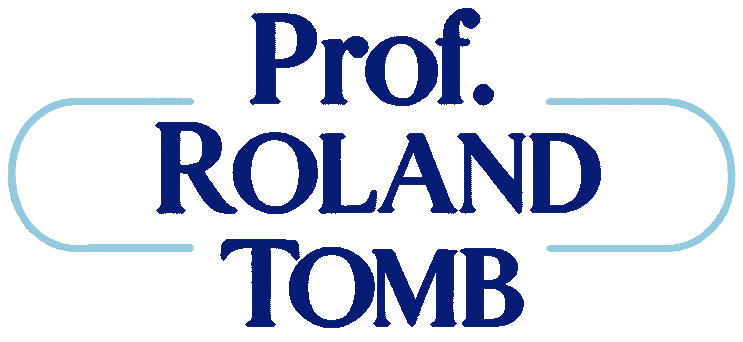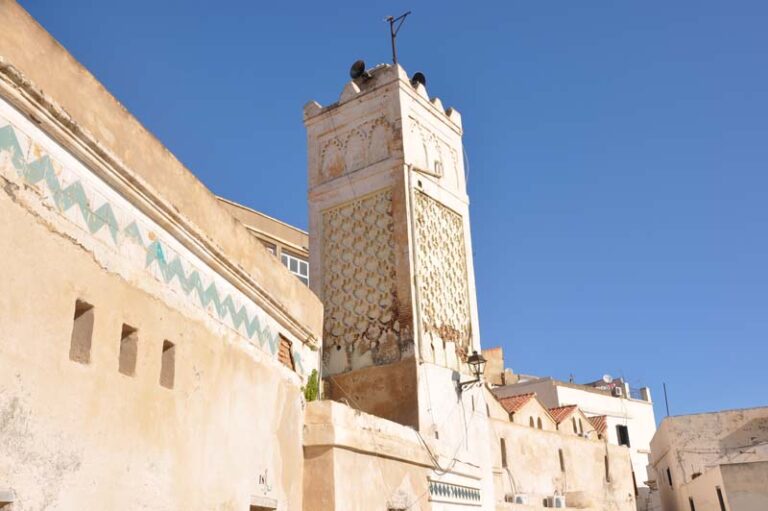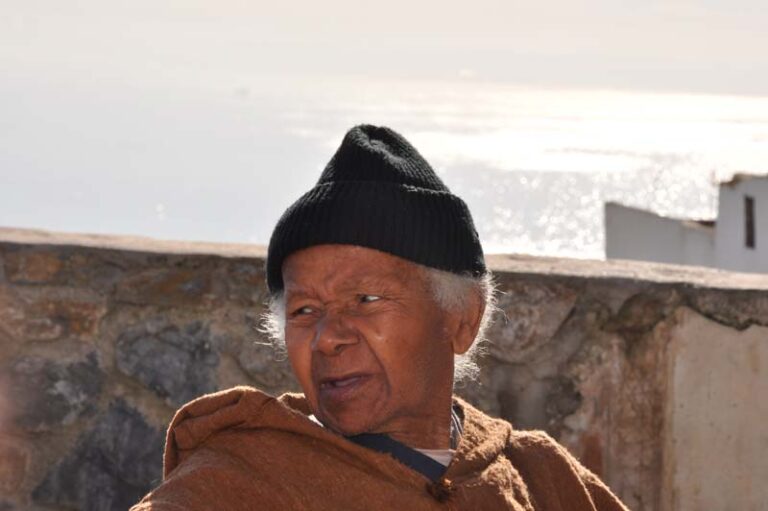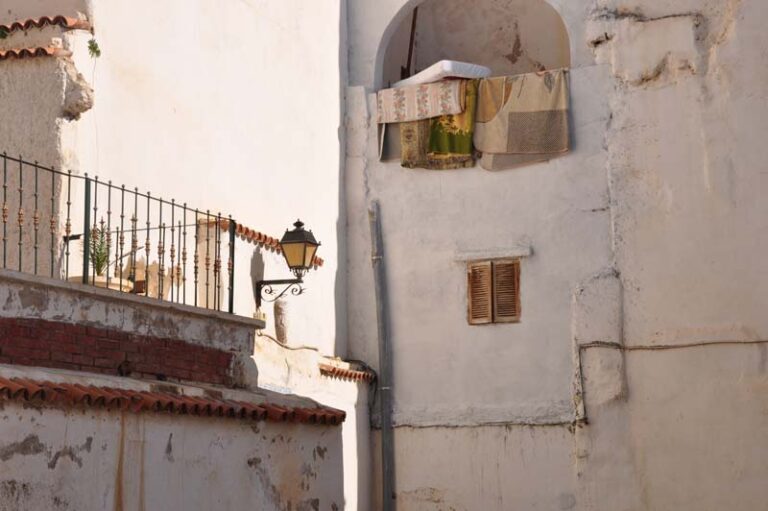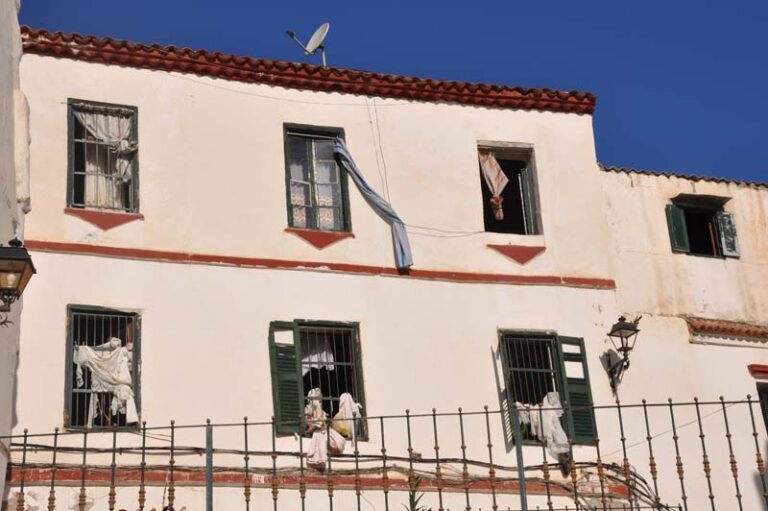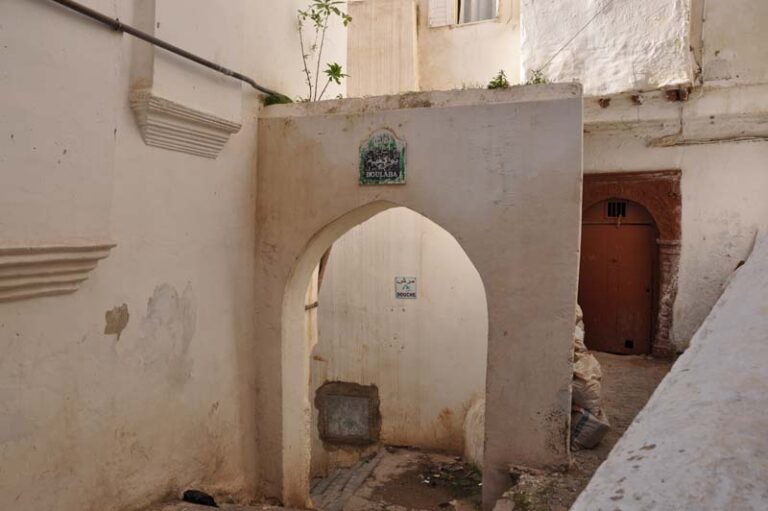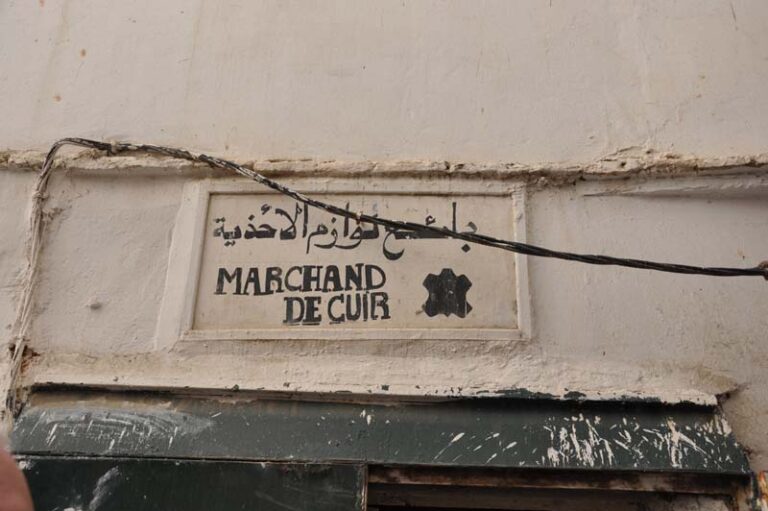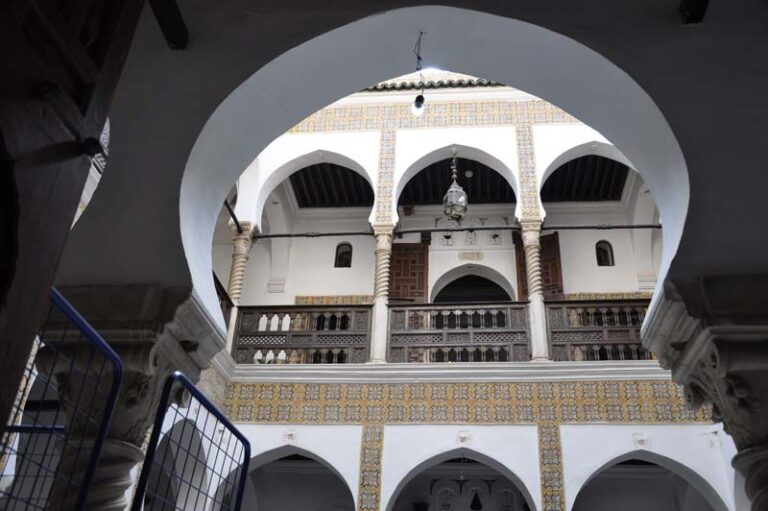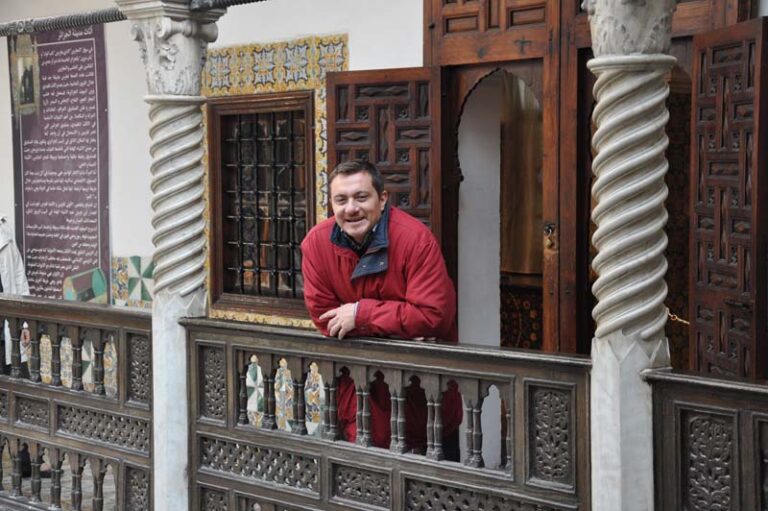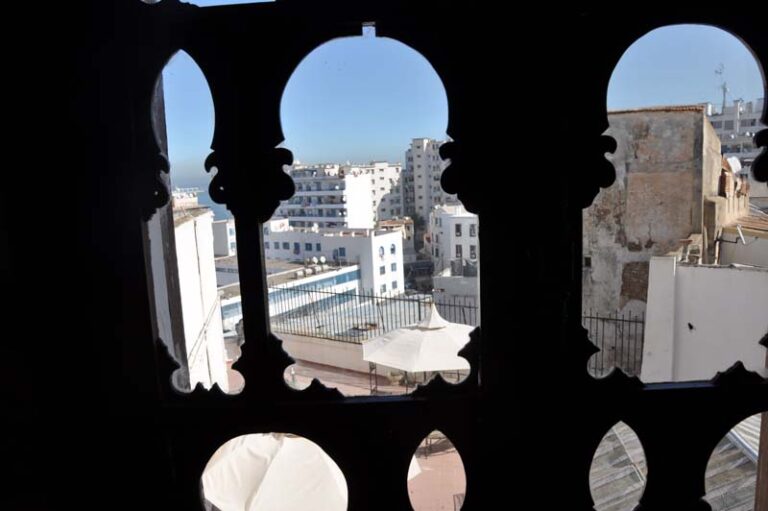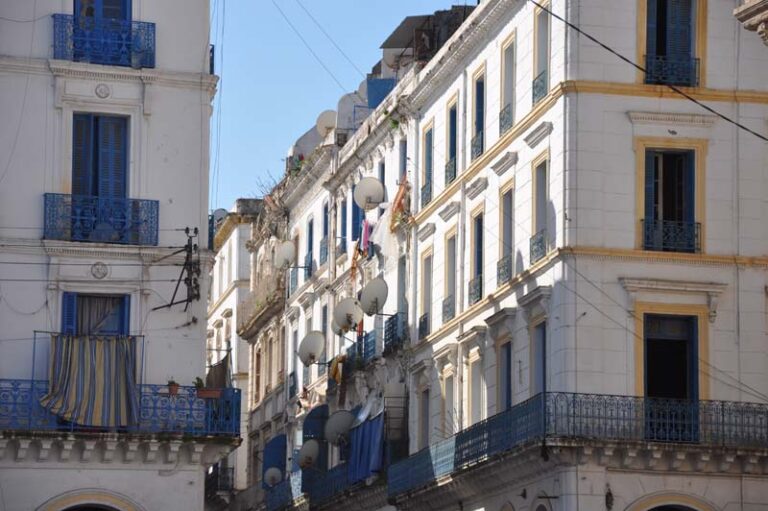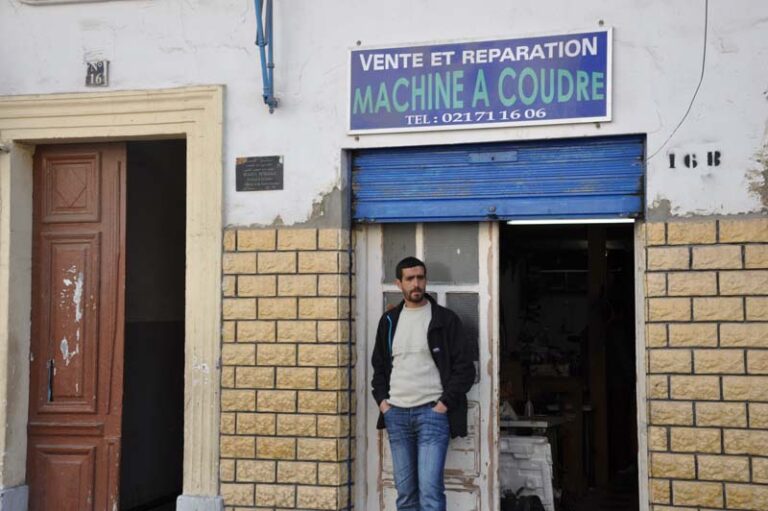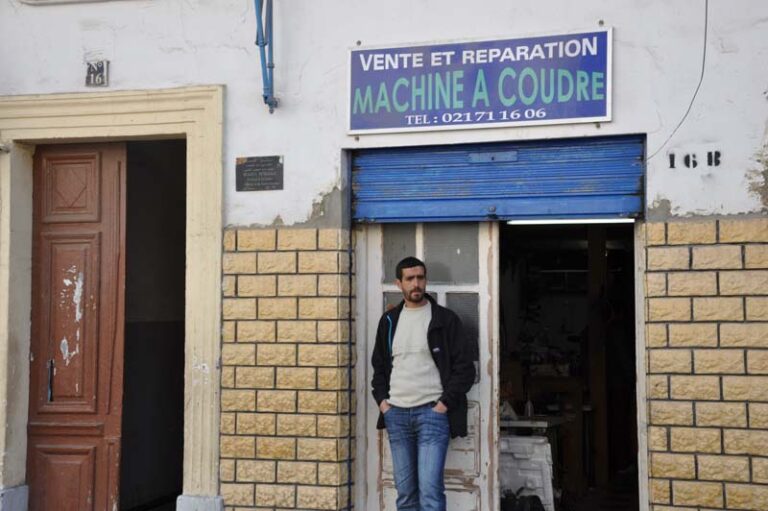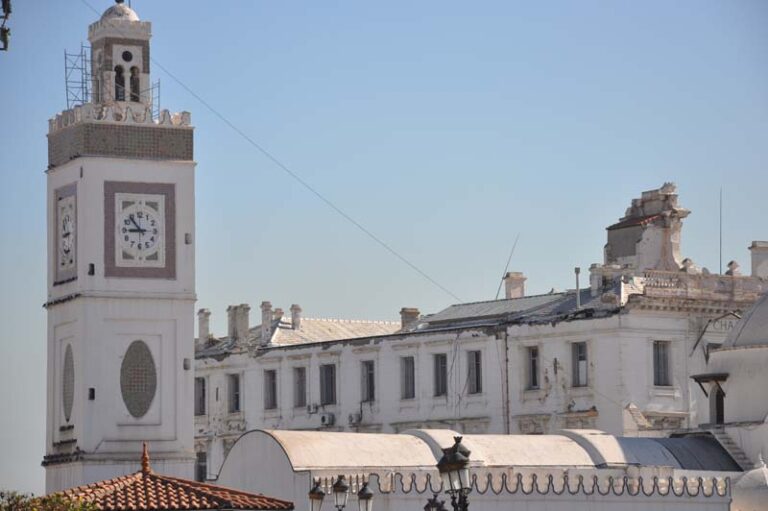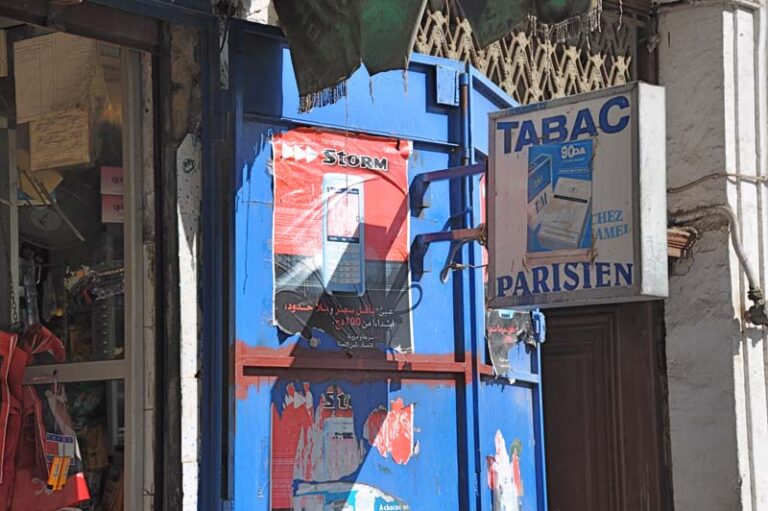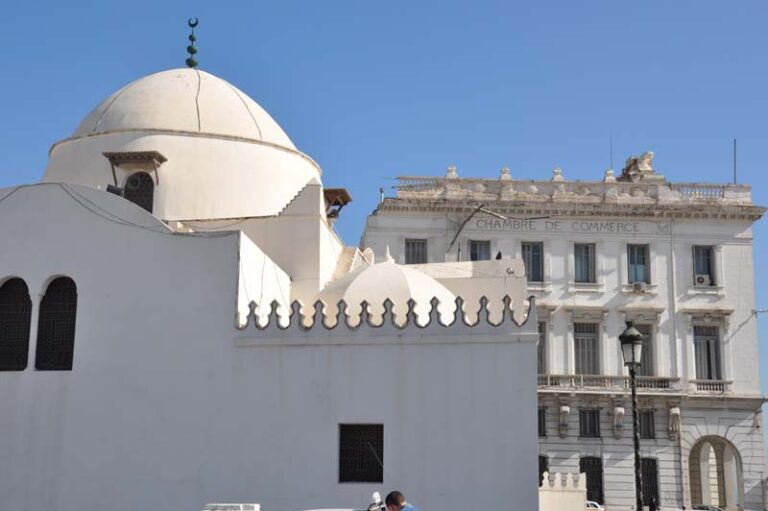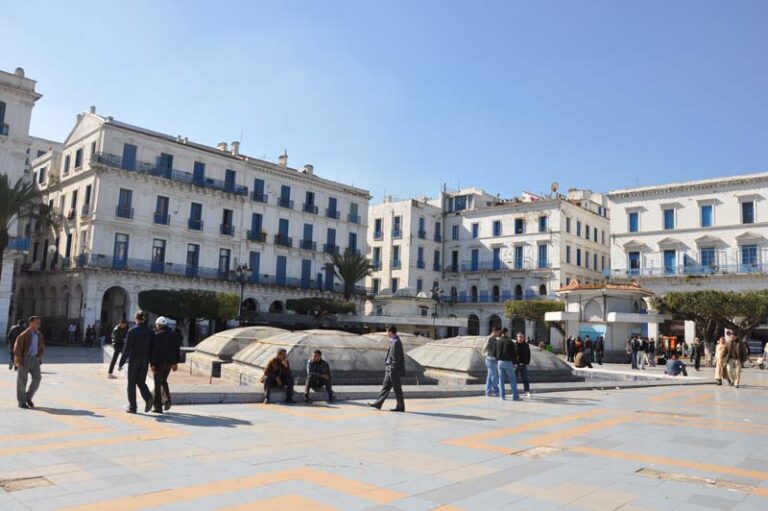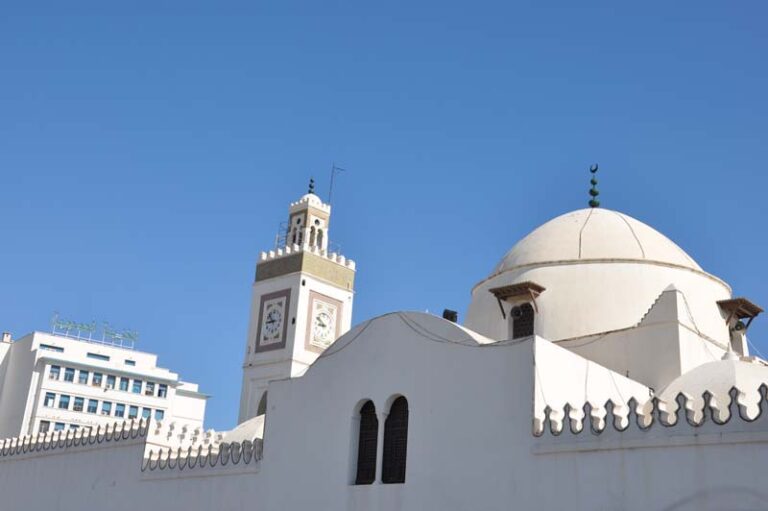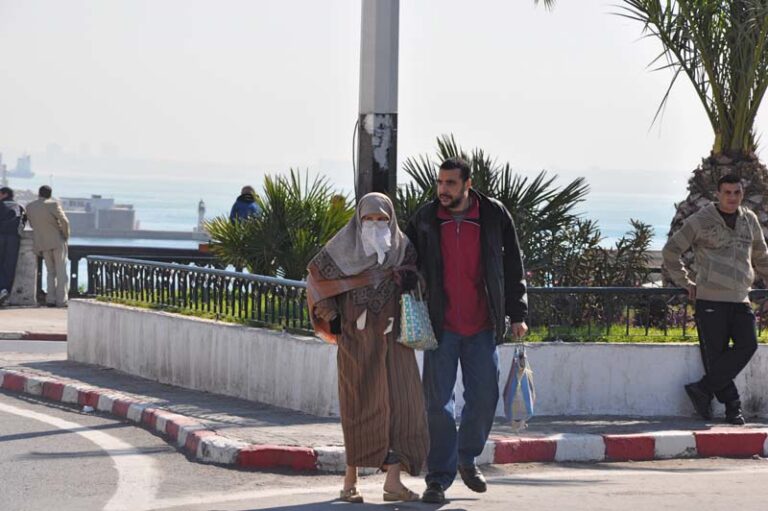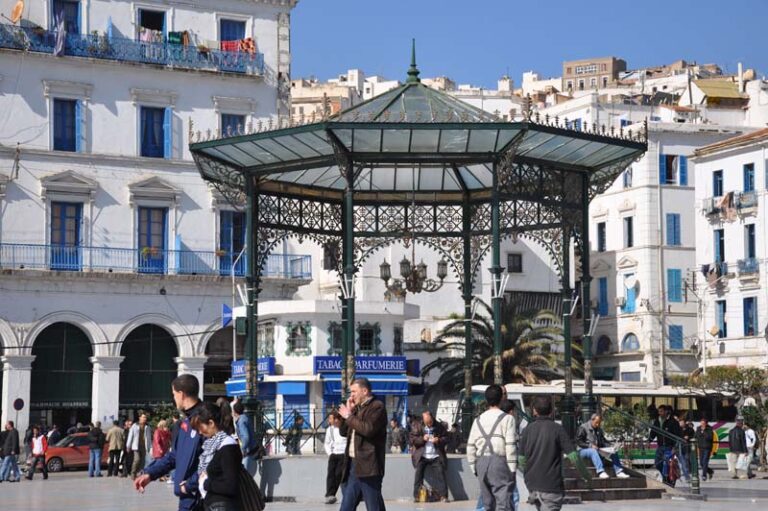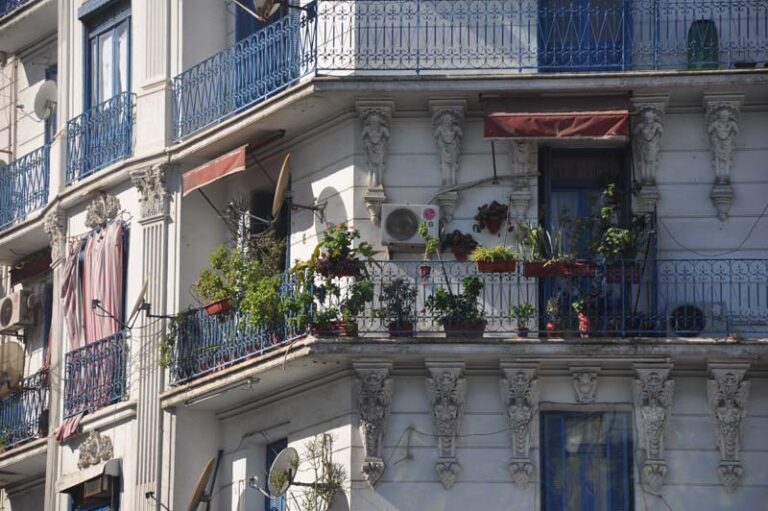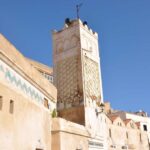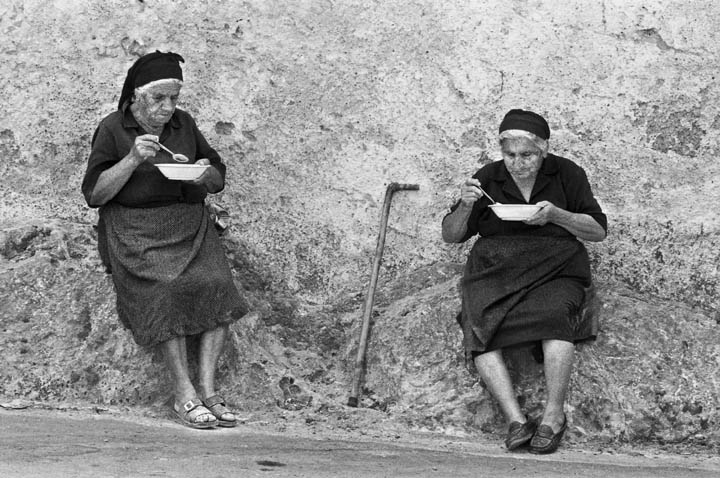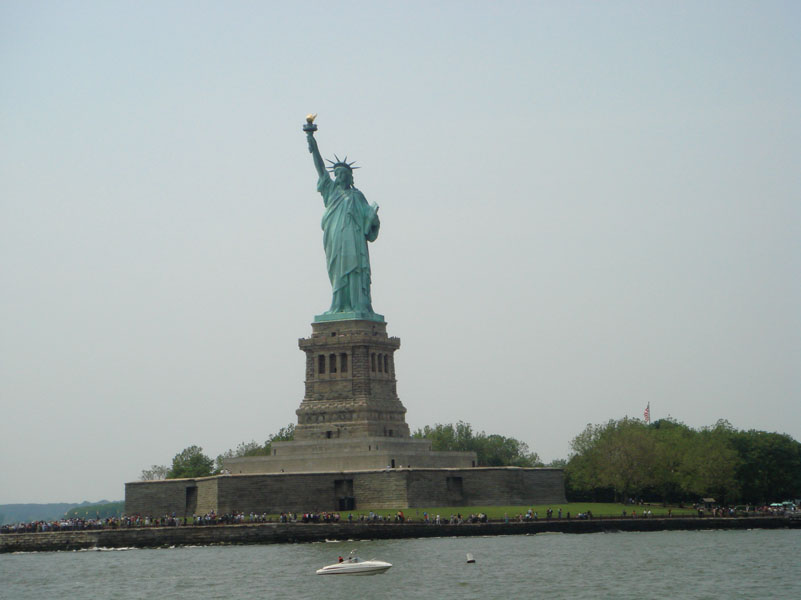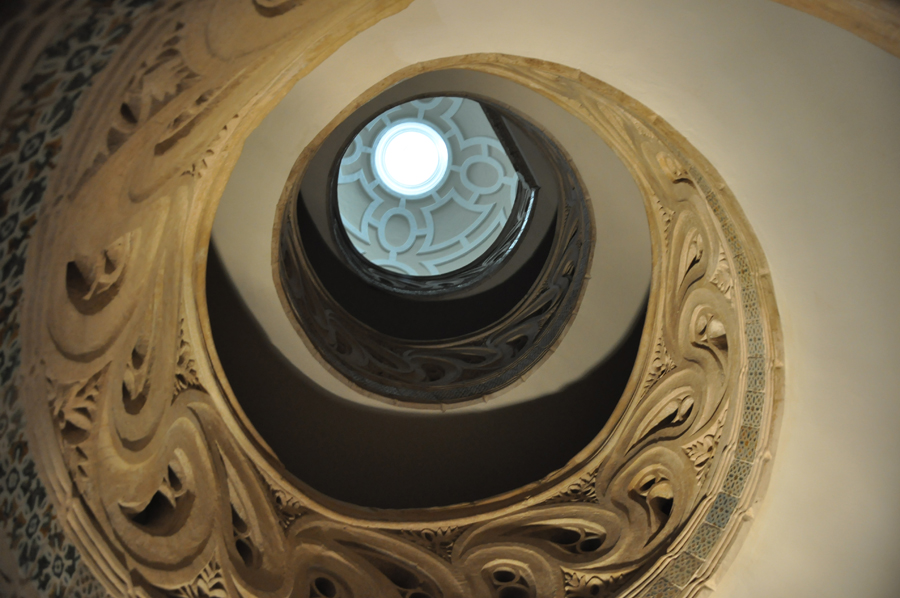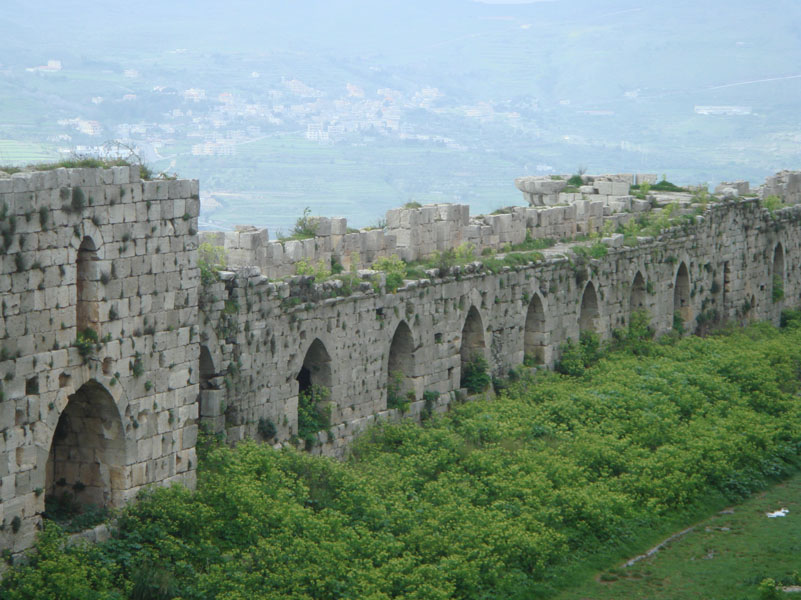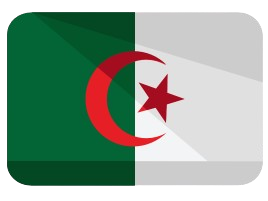
Algeria
Algeria, officially the People's Democratic Republic of Algeria, is the largest country in Africa, covering about 2.38 million square kilometers. Located in North Africa, it is bordered by Tunisia, Libya, Niger, Mali, Mauritania, Western Sahara, and the Mediterranean Sea. The country features diverse landscapes, including the Sahara Desert in the south and the Atlas Mountains in the north, with a Mediterranean climate along the coast. Algeria has a rich history influenced by Berber, Arab, and French cultures, gaining independence from France in 1962. Algerian culture reflects this heritage through its music, literature, and cuisine, with Arabic and Berber as official languages. The economy heavily relies on oil and natural gas but is diversifying into agriculture, tourism, and renewable energy. Notable tourist attractions include UNESCO World Heritage sites like Timgad and the Casbah of Algiers, as well as opportunities for adventure tourism in the Sahara.
Algeria, officially the People's Democratic Republic of Algeria, is the largest country in Africa, covering about 2.38 million square kilometers. Located in North Africa, it is bordered by Tunisia, Libya, Niger, Mali, Mauritania, Western Sahara, and the Mediterranean Sea. The country features diverse landscapes, including the Sahara Desert in the south and the Atlas Mountains in the north, with a Mediterranean climate along the coast. Algeria has a rich history influenced by Berber, Arab, and French cultures, gaining independence from France in 1962. Algerian culture reflects this heritage through its music, literature, and cuisine, with Arabic and Berber as official languages. The economy heavily relies on oil and natural gas but is diversifying into agriculture, tourism, and renewable energy. Notable tourist attractions include UNESCO World Heritage sites like Timgad and the Casbah of Algiers, as well as opportunities for adventure tourism in the Sahara.
